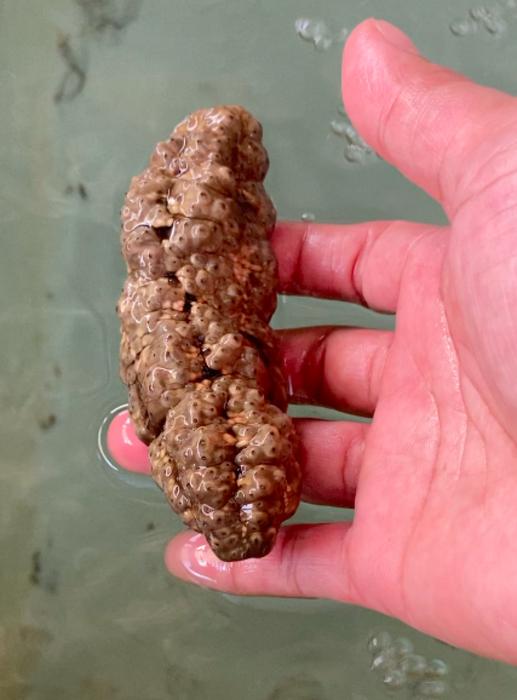
Anti-Cancer Chemicals Found in Peculiar Sea Creature
A sea cucumber that bears a striking resemblance to dog poo may hold the key to fighting cancer, according to a recent study. Researchers in the Philippines have discovered that the stichopus horrens, a sea animal belonging to the same family as starfish and sea urchins, contains chemicals with potential anti-cancer properties.
Promising Medical Benefits
Scientists analysed the organs and tissues of the sea cucumber to identify any potential medical benefits. Eizadora Yu of the University of the Philippines explained that the study aimed to identify the various compounds found in S. horrens. The team found that the sea cucumber contains a significant number of bioactive compounds.
Rising Cancer Rates
With around 3 million people in the UK currently living with cancer and numbers expected to surpass 5.3 million by 2040, the search for effective treatments is more important than ever. Cancer risk generally increases with age, particularly in those over 50.
Ancient Medicinal Beliefs
Sea cucumbers, including stichopus horrens, have long been consumed in east and southeast Asia due to their supposed medicinal benefits. Traditional Chinese medicine proponents have claimed that stichopus horrens can act as an aphrodisiac, although this has not been proven through research.
Potential Biochemical Benefits
Stichopus horrens is predominantly found in the Indo-Pacific region and is known for its ability to rapidly shed its external surface as a defense mechanism when touched. This recent study is the first to investigate the potential biochemical benefits of the sea cucumber. Researchers discovered that stichopus horrens contains fat molecules called cerebrosides, which could potentially be the building blocks of sphingolipids. These compounds from other sea cucumbers have been shown to kill liver cancer cells in laboratory settings and stimulate the production of neurites, which aid in the recovery from spinal or traumatic brain injuries.
Extracting Chemicals for Further Study
Scientists are now working on methods to extract the beneficial chemicals from the sea cucumbers so that they can be tested as potential treatments in humans. Yu explained that the team is currently studying how traditional processing methods, such as drying and boiling, may affect the metabolome of S. horrens. Additionally, they plan to conduct metabolomics on other sea cucumber species to support national blue economy initiatives.






